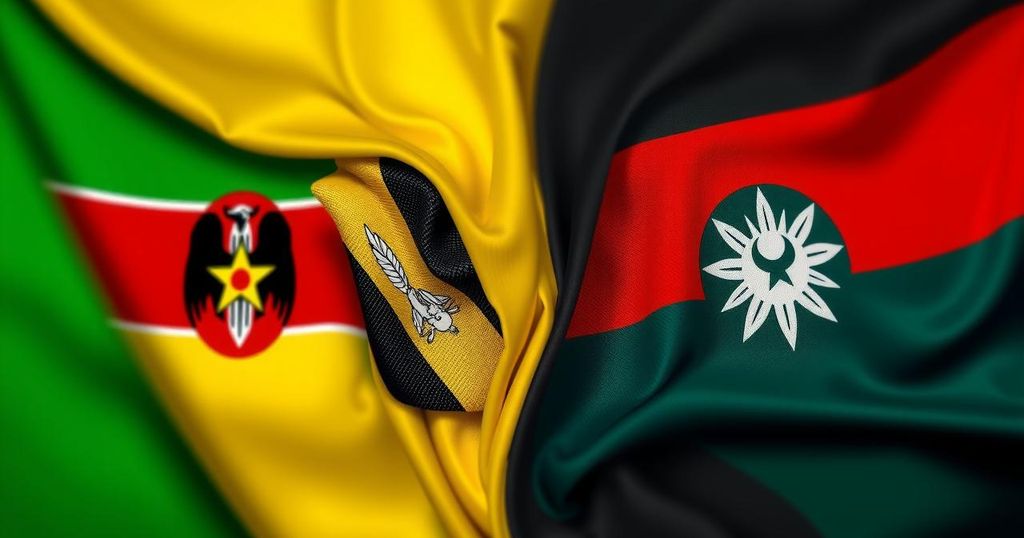Kenya and Uganda will mediate the dispute between Ethiopia and Somalia, centering on Ethiopia’s plans for a port in Somaliland, which has raised tensions with the Somali government. This conflict could destabilize the already volatile Horn of Africa. Kenya’s President Ruto and Uganda’s President Museveni emphasize the need for Somali security for regional stability. Past mediation attempts have not succeeded, and the impact of regional rivalries continues to complicate the situation.
In a significant diplomatic initiative, Kenyan President William Ruto announced that Kenya, alongside Ugandan President Yoweri Museveni, would take an active role in mediating the ongoing dispute between Ethiopia and Somalia. This conflict, primarily centered around Ethiopia’s plans to establish a port in Somaliland, poses a considerable risk to the stability of the Horn of Africa, which is already fraught with tensions. The Somali government has been vocal in opposing Ethiopia’s actions, which they perceive as a threat to their sovereignty, leading to closer ties with regional rivals like Egypt and Eritrea.
Ethiopia’s military presence in Somalia, aimed at combating al Qaeda-linked insurgents, complicates the situation as it has fueled tensions with the Somali administration. Somaliland, which has sought recognition as an independent nation despite its self-governance since 1991, stands to gain international backing from Ethiopia through the proposed port development. Although previous mediation attempts, particularly in Ankara, have been unsuccessful, Ruto emphasized the critical link between Somali security and regional stability, which is crucial for fostering a conducive environment for investment. Despite the formal meeting between leaders at the summit, there was no direct mention of potential mediation efforts concerning the conflict.
Somalia’s Foreign Minister Ahmed Moallim Fiqi expressed skepticism about past resolutions from regional leaders but conveyed a sense of optimism regarding continued mediation efforts spearheaded by Turkey. Meanwhile, Ethiopian officials have not publicly responded to the latest developments, underlining the ongoing strain in relations. This complex diplomatic scenario illustrates the delicate balance of interests in the Horn of Africa, all of which hinge on the outcomes of this proposed mediation.
The Horn of Africa is characterized by a complex interplay of political disputes and alliances, with Ethiopia, Somalia, and Somaliland being at the forefront. Ethiopia has engaged militarily in Somalia to counter insurgent groups linked to al Qaeda, yet its plans to develop infrastructure in Somaliland have irked the Somali government. Somaliland, which has declared independence since 1991 without international recognition, is attempting to leverage the port project as a means to gain legitimacy. The historical context of regional rivalries, particularly between Somalia and Ethiopia, coupled with external influences such as Egypt’s interest in Nile River resources, adds further layers to this dispute.
The mediation by Kenya and Uganda marks a pivotal step towards addressing the Ethiopia-Somalia dispute. The ongoing tensions highlight the fragile security situation in the Horn of Africa, necessitating international and regional cooperation. Despite the recognition of the significance of Somali stability to the entire region, effective mediation remains uncertain, particularly in light of previous failed attempts. As various nations vie for influence, the future of the Horn of Africa hangs in the balance, underscoring the importance of diplomatic efforts.
Original Source: www.hindustantimes.com






